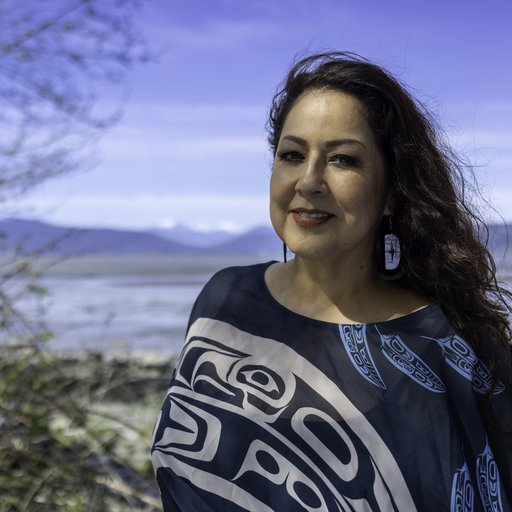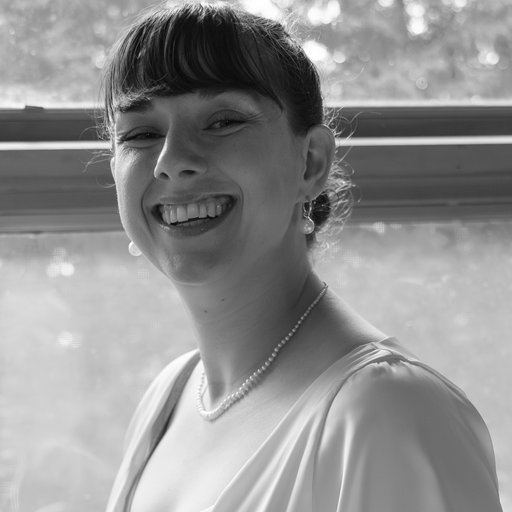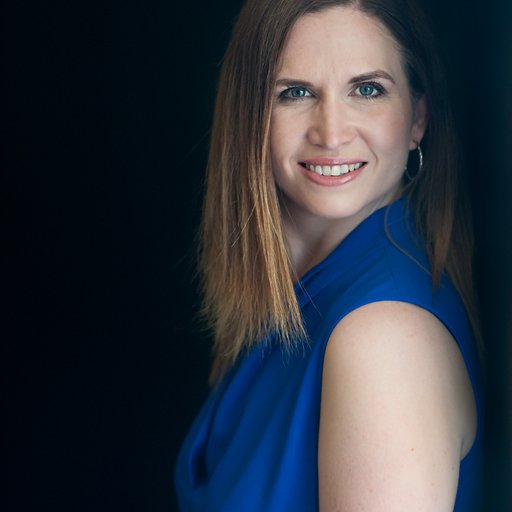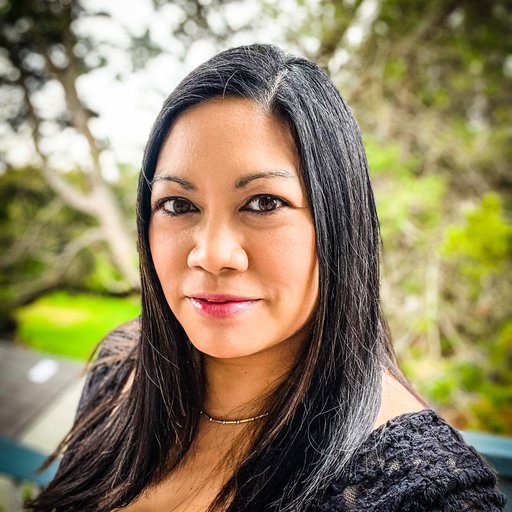MusiCounts Professional Development for Educators
Between February and April 2026, MusiCounts is proud to offer a free series of virtual workshops for educators across Canada. Led by music education leaders, these sessions are designed to support participation in the 2026 CBC Music Class Challenge, Powered by MusiCounts, while also sparking meaningful conversations about music education advocacy.
There are three unique workshops, each offered at two different times. Teachers that attend a MusiCounts workshop in full and complete a brief survey about their experience will be entered for a chance to receive 1 of 4 $250 gift certificates to support music education at their school.
Please note that these workshops will only be offered in English.

How It Works
Explore the workshop offerings below. Each workshop topic has its own registration form. All workshops will be administered via Google Meets; attendees will receive a link/calendar invitation after they sign up.
Workshop Topic #1:
Teaching mitêh: A Classroom Guide with Sherryl Sewepagaham
Join composer Sherryl Sewepagaham for an in-depth introduction of her new composition titled mitêh (Heart), this year’s commissioned choral work for the CBC Music Class Challenge, powered by MusiCounts. Sherryl will guide teachers through the meaning of the piece, how to introduce the Cree language and pronunciation to students, and how to make use of the flexible, modular score options available for different grade levels. Educators will leave feeling confident, prepared, and inspired to rehearse and perform mitêh with their class.
Sherryl’s workshop will be offered at the following times. Click here to register.
- Thursday, February 12 at 5:00pm ET
- Thursday, February 26 at 7:30pm ET
Workshop Topic #2:
Songwriting as a Class: A Practical Framework for Teachers
Join Emma Phillips for a virtual workshop that will provide a simple, adaptable framework for guiding students through the collaborative songwriting process as a whole class. Educators will explore strategies for generating ideas, developing lyrics and melodies together, structuring a song, and integrating instruments or technology at any grade level. Whether you’re new to songwriting or looking to refine your approach, this session will help you feel confident leading your class in creating an original piece for the songwriting categories of the CBC Music Class Challenge, Powered by MusiCounts.
Emma’s workshop will be offered at the following times. Click here to register.
- Tuesday, February 17 at 3:00pm ET
- Tuesday, February 24 at 6:00pm ET
Workshop Topic #3:
Music Education Advocacy in a Changing World: Empowering Voices in Challenging Times
As schools and communities evolve, so must our approach to advocating for music education. Join Janet Irvine and Cindy Romphf for a session that explores how advocacy is shifting in today’s world, why traditional approaches may no longer resonate, and what new strategies can help sustain and strengthen music programs. Grounded in the experiences of music educators responding to devastating cuts to music education in British Columbia, this workshop examines the shifting landscape and equips participants with actionable tools to advocate for and sustain their programs.
Janet and Cindy’s workshop will be offered at the following times. Click here to register.
- Monday, April 13, 7:00pm ET
- Tuesday, April 21, 7:00pm ET
About the Workshop Leaders

Sherryl Sewepegaham
Sherryl Sewepagaham, a dynamic Cree-Dene artist from the Little Red River Cree Nation, Northern Alberta, blends her heritage with artistry, composition, and education. She is a current PhD student at UBC and holds a 2024 Vanier Scholar title, and was awarded a SSHRC Doctoral Award and a UBC Indigenous Graduate Fellowship award all in the same academic year. She has devoted over two decades to K-6 music education infusing Indigenous musical traditions and creating Indigenous-focused teaching resources for MusiCounts, the Music Alive Program with the National Arts Centre, and the Alberta Orff Chapter. She is a passionate advocate of Cree language songs contributing to the resilient work of Indigenous language preservation and retention in communities, education, and academic scholarship.

Emma Phillips
Emma Phillips is a K-8 performing arts teacher with the Halton District School Board. She holds a B.A.Hon. in Popular Music Studies from Western University (2018) and a B.Ed. from Brock University (2020). Emma is a firm believer in developing young musicians who are prepared for all corners of the modern music industry. In 2024, she was the recipient of a MusiCounts grant that allowed her to build a fully functioning music studio inside her classroom - one where students write, produce, record, and perform all kinds of music. Outside the classroom, Emma is an active speaker on industry forward music education at local and provincial conferences. She is passionate about empowering youth performers to see themselves in the modern music industry, and will talk about it for as long as you let her!

Janet Irvine
Janet Irvine is currently one of the Music Directors at Chilliwack Secondary School in Chilliwack, B.C. Previously, she served as the W.J. Mouat Secondary School Music Director, the director of the Douglas College Concert Band, and assistant conductor of the Fraser Valley Wind Ensemble. She maintains a busy schedule as a guest conductor, adjudicator, and clinician across British Columbia while continuing to rehearse and perform locally in various ensembles. Janet holds a Masters of Music degree from Central Washington University as well as Bachelors Degrees in Secondary Music Education and English from the University of Victoria. In addition to these roles, Janet has served on the BC Music Educators; Association board since 2016 in roles as Member-at-large, Vice-President, and currently as President. Janet has been recognized nationally and provincially with the Canadian Music Educators’ Association Builders Award (2020) and the BC Music Educators’ Association Special Distinguished Service Award (2020) for her role in supporting and advocating for BC music education through the COVID-19 pandemic.

Cindy Romphf
Cindy Romphf teaches music at Cedar Hill Middle School in Greater Victoria and is a passionate advocate for arts education. As an educator, performer, and union leader, she has taught band, choir, and string ensembles with a deep commitment to ensuring all students have access to high-quality, equitable music education—particularly vital amid ongoing budget pressures in the Greater Victoria School District. Cindy currently serves as the First Vice President of the Greater Victoria Teachers’ Association, is a Past President of the BC Music Educators’ Association and holds a Lifetime Membership in the BC Music Educators’ Association in recognition of her longstanding service and leadership within the profession. Cindy is the recipient of the 2014 and 2022 Fine Arts Champion Award from VCPAC. In addition to her work in education and advocacy, she is an active performing musician.